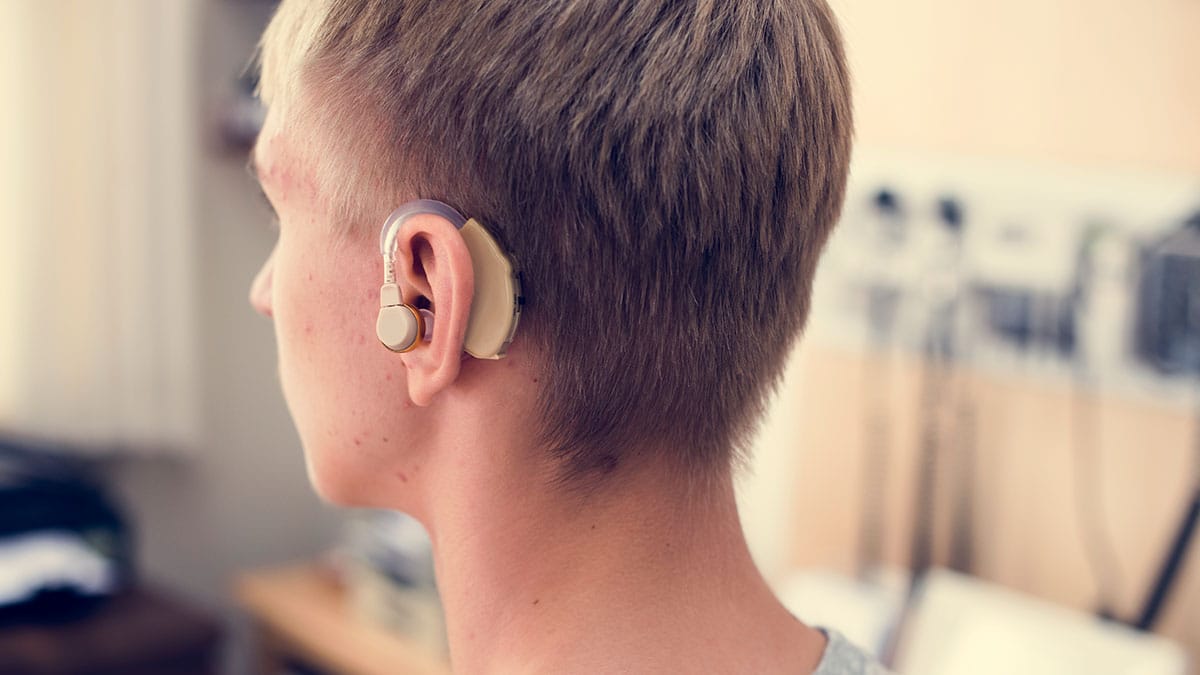
What Level of Hearing Loss Requires a Hearing Aid?
Have you ever felt like people around you are mumbling? Or perhaps you constantly need the TV volume higher than others? If so, you might be experiencing some level of hearing loss. But at what point should you consider getting a hearing aid? Let’s dive in and find out.
Understanding Hearing Loss
First, we need to understand that hearing loss isn’t “one size fits all.” It varies from person to person. Doctors classify hearing loss into different levels, mainly:
- Normal Hearing: No hearing loss.
- Mild Hearing Loss: You might miss out on some sounds or soft-spoken words.
- Moderate Hearing Loss: You have trouble understanding regular conversations without raising the volume.
- Severe Hearing Loss: Conversations without a hearing aid become very hard.
- Profound Hearing Loss: You might only hear very loud sounds or nothing at all.
Causes of Hearing Loss
Hearing loss can happen for many reasons, including:
- Age: As we get older, the inner parts of our ears can wear out, leading to age-related hearing loss.
- Loud Noises: Regular exposure to loud noises, like at concerts or from heavy machinery, can harm our hearing.
- Illness or Infections: Some diseases or infections can damage the ear and result in hearing loss.
- Medications: Some drugs have side effects that can hurt our hearing. Always check with your doctor if you’re concerned.
- Genetics: Some people have hearing loss because it runs in their family.
- Injury: Head injuries can sometimes affect our hearing.
- Other Causes: Things like blockages from earwax, changes in air pressure, or even tumors can affect hearing.
The Connection Between Hearing Loss and Memory Issues
An important thing to note is that hearing loss doesn’t just affect our ears. Research has shown a link between hearing loss and some cognitive problems like dementia and memory issues. Here’s what we know:
- Brain Strain: When we can’t hear properly, our brain must work extra hard to understand what’s being said. This can tire out the brain and might lead to problems in the long run.
- Social Isolation: People with hearing loss often avoid social situations because they can’t follow conversations. This lack of social interaction can affect our brains and lead to memory problems or even dementia.
- Early Detection is Key: While not everyone with hearing loss will develop dementia or memory problems, it’s essential to be aware of the risks. Addressing hearing loss early can potentially reduce the chances of these cognitive issues.
Do I Need a Hearing Aid?
Not everyone with hearing loss needs a hearing aid. But if you have:
- Mild Hearing Loss: You may or may not need one. It depends on your daily activities and personal feelings about the hearing issues you’re experiencing.
- Moderate to Profound Hearing Loss: A hearing aid is often recommended. It can make a big difference in your life!
However, a hearing aid isn’t just determined by the level of hearing loss. It also depends on your lifestyle, the type of hearing loss, and your feelings about your hearing.
Next Steps
If you think you might need a hearing aid:
- Visit an Expert: Schedule an appointment with our otolaryngology practice. An otolaryngologist is a doctor who specializes in ears, nose, and throat problems.
- Get a Hearing Test: This will help determine the level of your hearing loss and guide the best solutions.
- Discuss Solutions: If a hearing aid is the best option, you’ll get guidance on which type suits you best.
Wrapping Up
Your hearing is crucial. If you’re facing challenges with your hearing, it’s essential to get expert advice. Every person’s hearing loss journey is unique. Let’s find the best solution for you together! Remember, it’s okay to seek help. Many people use hearing aids and find them life changing. You’re not alone, and we’re here to support you.
